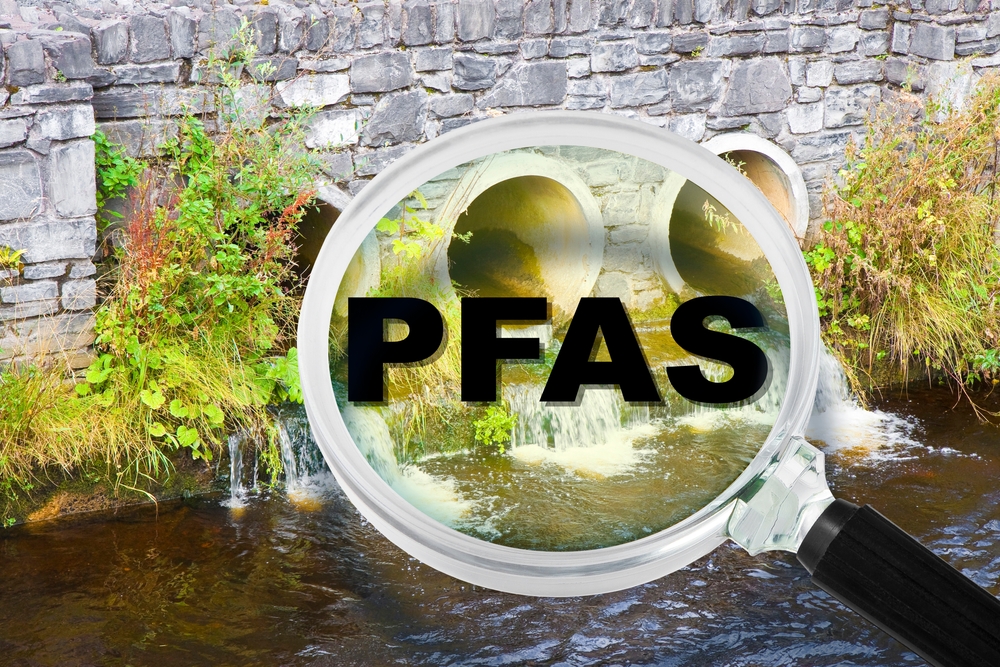The Royal Society of Chemistry (RSC) has launched a powerful new campaign calling on the UK government to adopt a stricter ‘polluter pays principle’.
This polluter-pays approach would place the financial responsibility on companies that produce or use toxic chemicals to clean up the damage they cause to the environment.
The initiative aims to shift the burden of pollution prevention from ordinary taxpayers and local governments to companies that profit from potentially harmful substances such as PFAS, also known as “forever chemicals.”
Coffee fines spark national debate on pollution fairness
The campaign was brought to the public’s attention by an unexpected person. Mr Burg Jesiyurt was fined £150 by Richmond upon Thames City Council for pouring leftover coffee down the drain.
The fine was later revoked, but footage showed bailiffs chasing her down the street, sparking outrage.
The case sparked a broader debate about the fairness of environmental regulation, especially in situations where major polluters often escape responsibility while ordinary people are penalized.
Now, the RSC is partnering with Yesyurt to highlight how UK pollution law could be reshaped through the polluter pays principle, holding powerful companies accountable for pollution, particularly from PFAS, a group of harmful chemicals that are increasingly found in Britain’s waterways.
The hidden threat of PFAS
PFAS (per- and polyfluoroalkyl substances) are a group of thousands of chemicals widely used in everyday products, from nonstick cookware and waterproof clothing to firefighting foam and food packaging.
These chemicals are called eternal chemicals because they do not break down naturally in the environment or the human body.
Studies have linked long-term exposure to PFAS to a variety of serious health problems, including testicular and kidney cancer, fertility problems, immunosuppression, and impaired fetal development.
Once released, PFAS persist in soil, groundwater, and rivers for decades, slowly accumulating in the bloodstream of wildlife and humans.
A recent RSC analysis revealed that more than a third of waterways in England and Wales contain medium to high risk levels of PFAS.
Alarmingly, samples from the River Thames showed the highest concentrations in the country, highlighting the urgent need for stronger pollution control and water treatment measures.
Who should pay for cleaning costs?
The RSC argues that the UK needs to adopt a polluter pays model similar to future EU reforms under the Municipal Wastewater Treatment Directive.
This requires polluting companies to fund additional treatment and remediation efforts, rather than passing the costs on to taxpayers and consumers.
With the UK Government set to publish its Water Reform White Paper this autumn, paving the way for the Water Reform Bill 2026, the RSC sees an important opportunity to incorporate the polluter pays principle into national law.
The group is calling on the public to write to their legislators and demand that chemical manufacturers contribute to the cleanup effort.
Dr Natalie Sims, policy adviser at the RSC, added: “While Ms Bourg was fined for pouring a cup of coffee down a drain, industries releasing harmful chemicals into rivers do not face the same scrutiny. It’s time to apply the polluter pays principle fully.”
“Mr Bourke’s case reveals the huge gaps in the way pollution is managed in the UK, with major industrial polluters too often ignored.
“Companies that pollute the environment with toxic chemicals like PFAS should pay to remove them from our waterways, rather than straining already strained public purse strings.
“At the same time, we need to hold ‘spreader sources’ such as road runoff, waste emissions and agriculture to the same level of oversight and enforcement as water companies.”
A call for environmental responsibility
As the debate rages on about who should pay for pollution, the message is clear. The responsibility for cleaning up the harmful legacy of PFAS should lie with polluters, not with the public.
The partnership between the Royal Society of Chemistry and Burg Jesylurt is a powerful reminder that while individuals can be held accountable for small mistakes, it is time for major polluters to be similarly held accountable on a larger scale.
Source link

